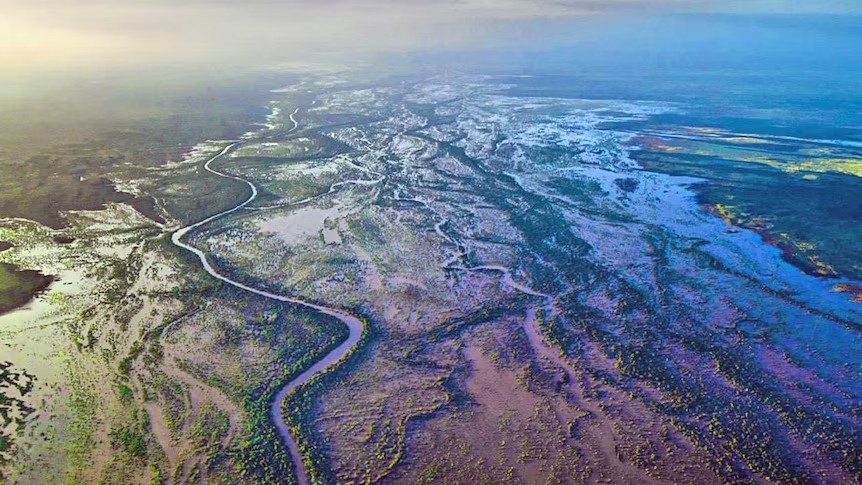In Short : The statement “Loss and damage must be a focus of IPCC’s next reports” emphasizes the importance of addressing loss and damage associated with climate change in the upcoming reports of the Intergovernmental Panel on Climate Change (IPCC). This indicates a call for increased attention to the impacts, costs, and non-economic losses caused by climate change, highlighting the urgency of developing strategies to cope with and mitigate these consequences.
In Detail : Without proper interventions anchored on the latest and best available science, even more people would be vulnerable to disastrous impacts of tremendous economic and non-economic costs.
The reports of the Intergovernmental Panel on Climate Change (IPCC) have been influential in the history of the global climate negotiations.
Its third and fourth Assessment Reports helped elevate adaptating to climate change into a critical issue on par with reducing emissions.
The United Nations-sanctioned organisation is in a position to once again push forward global efforts for addressing the climate crisis, especially on Loss and Damage (L&D).
Room for innovation
The outcomes of the 60th IPCC meeting were criticised for a lack of significant innovation regarding its seventh assessment report (AR7).
Despite proposals for a new structure of reporting, the body agreed to keep the current approach of three main reports and a special report.
Some experts and observers claim this approach is unlikely to produce any new groundbreaking findings on mitigation or climate science.
As a result, it is unlikely that there will be a special report on L&D for AR7, despite support from many developing countries.
Instead, a chapter under the group report on adaptation is likely to be dedicated to discussing it.
Such an output comes at a time of record-breaking global temperatures and a potential collapse of the Atlantic Meridional Overturning Circulation.
Without proper interventions anchored on the latest and best available science, even more people than half of the world’s population would be vulnerable to disastrous impacts of tremendous economic and non-economic costs.
A chapter on L&D would influence the entire corresponding landscape under the United Nations climate change regime, from how projects would be selected under the L&D Fund to how the Santiago Network would provide technical assistance to countries on dealing with extreme climate risks and impacts.
Non-negotiables
An L&D chapter on AR7 can lay the groundwork for countries to have a more common understanding of this issue, which is needed to accelerate implementation of solutions.
This would build on the key messages from the previous assessment report, with statements such as its uneven distribution across systems, regions, and sectors and how adaptation would not be enough to fully avoid it.
It falls on its authors to ensure that this part would cover as comprehensive of an assessment of current knowledge about L&D as possible.
This assessment must include not only peer-reviewed studies and publications, but also documenting indigenous knowledges and practices.
This would be a tangible way of improving the IPCC’s engagements with indigenous groups, a key issue raised from the conduct of the previous assessment cycle.
Another key outcome from the recent meeting, an updating of adaptation indicators, metrics, and guidelines, should be covered within this proposed chapter.
It should present an updated definition of “losses and damages”, which from the previous report is too broad; it should be defined to emphasize impacts and risks that are beyond the capacities of adaptation or mitigation.
Through this lens already commonly-used in many countries, refining and changing said metrics and indicators would help determine clearer boundaries between adaptation and L&D.
It would also provide more specific guidance for countries and other stakeholders to determine soft and hard adaptation limits, especially at the local level, coupled with the proper provision of means of implementation.
The chapter should present the latest developments in attribution science, especially when downscaled into local contexts. It would contribute to building knowledge and capacities among local policymakers, implementors, and other stakeholders for responding to extreme weather events and preparing for, if not avoiding, future climate risks and impacts.
If our world is going to properly address the climate crisis, it needs to adjust its strategies with current and anticipated trends and impacts. This also applies to the approach of climate science, especially on loss and damage.

